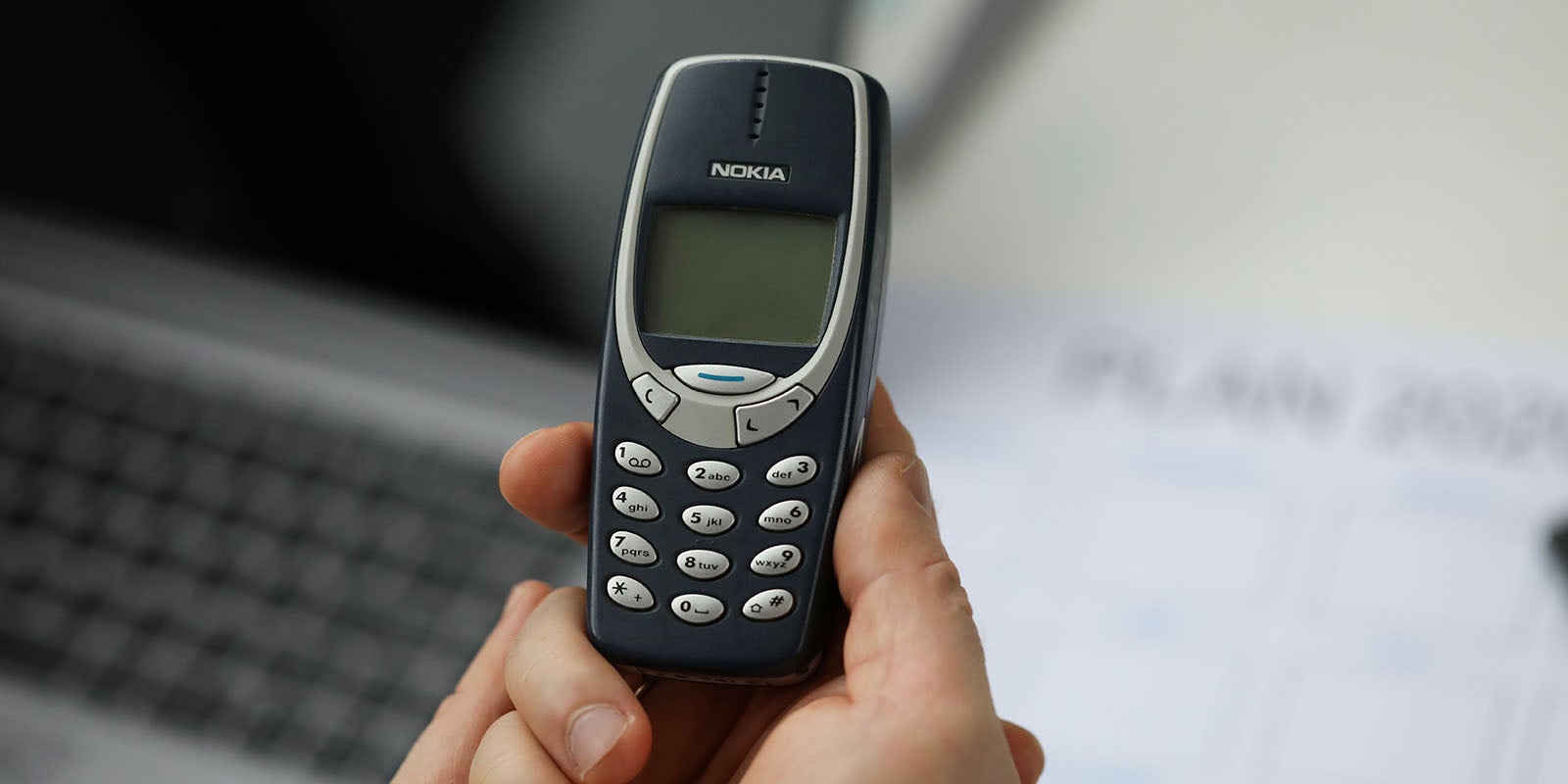A legislative attempt to bar Virginians from using hand-held mobile phones simultaneously — or at the least to restrict the practice further — died within the General Assembly consultation’s very last hours, leaving lawmakers to start over the subsequent year. At least sixteen states and the District of Columbia have banned hand-held telephone use by all drivers, consistent with the National Conference of State Legislatures. Virginia House and Senate negotiators had reached a compromise Saturday that allowed drivers to talk on a cell phone; however, they now do not examine texts or control statistics. The Senate subsidized the center, but the House rejected it Saturday night, leaving legislators to start anew.

In an interview, Sen. Richard Stuart, R-Stafford, the legislation’s Senate sponsor, stated that he spoke Sunday morning with the rules’ House sponsor, Del. Chris Collins, R-Frederick. “It just didn’t seem like there has been any language we have been going a good way to get through” the House and Senate on the consultation’s very last day, “and so I guess we’re going to ought to wait for every other yr,” Stuart stated. Under current Virginia law, drivers cannot use telephones for emails or texts. However, it does not cover many telephone capabilities, from social media to video streaming.
Police and lawmakers say the cutting-edge regulation is hard to put into effect because law enforcement must determine whether or not a driver is actively entering textual content right into a smartphone. Stuart stated the proposed compromise was supposed to make enforcing the law easier. For instance, it would have barred a motive force from protecting a telephone in his hand and physically manipulating it to view information and read or input it. Some delegates had been reputedly worried that police should abuse the law through racial profiling. In contrast, the senator stated that others were concerned that the rewritten regulation no longer crosses a long way sufficiently.
“Frankly, it can have simply been the past due hour, and every person becomes worn out. I don’t recognize,” Stuart said. Earlier in the consultation, the House and Senate passed laws prohibiting protecting a cell phone for any cause while riding. Those payments, sponsored with the aid of Collins and Stuart, included a provision to help legislators determine whether othe laws contributed to profiling. The chairmen of the House and Senate Courts of Justice committees have been to search for annual reviews on citations written underneath the regulation “and, to the quantity to be had, the applicable demographic characteristics” of folks who acquired quotations.
The law that initially passed the House and Senate bogged down as each bill reached the alternative chamber and lawmakers sought to amend the language. The convention committee idea it had called an answer. However, it foundered when the entire House balked Saturday night time. Stuart started the compromise “wasn’t where I wanted to be. However, it seemed to me to enhance the ball a bit,” hoping lawmakers could beef up it similarly in subsequent years.





